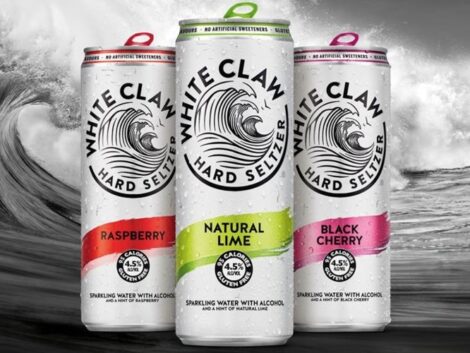Hard seltzer market to grow at CAGR of 23.2%
The hard seltzer market is growing at a CAGR of 23.2% from 2022-2030, according to a report on The Brainy Insights.
The growing demand for low-alcoholic drinks among millennials and the young generation is anticipated to boost the demand for hard seltzer.
Further, reducing alcohol consumption owing to rising health consciousness is expected to fuel market growth. Additionally, today’s consumers want low-calorie drinks without losing ABV (Alcohol by Volume), which has positively impacted the market.
Hard seltzer drinks are available in a variety of flavours such as orange, grapefruit, grapes, lemon, and others, thus, are usually rich in vitamin C.
Additionally, most of these are in the range of 85-110 calories per 350 ml can with no added sugar and artificial ingredients.
Thus, these beverages fit into the health halo of many consumers that are seeking to consume healthier drinks in comparison to beer.
Hard seltzer is perfectly positioned to meet the needs of customers looking for healthier and gender-neutral options in drinks.
These are popular among the young generation of both genders as hard seltzer comes in portable and recyclable cans, the trends highly appreciated by today’s consumers.
However, their increasing market share is at the expense of well-established items like soda and beer.
The canned format of hard seltzer with vivid colour and design adds to the premium look and enhances the overall product appeal; thus, manufacturers are launching the product in this format.
For instance, in August 2020, The Coca Cola Company launched Topo Chico hard seltzer in sleek aluminium cans in Mexico and Brazil.
Hard seltzer companies present in the market are marketing their products using a gender-neutral strategy because millennials and Gen Z, irrespective of gender, follow the same socialising trends.
The best example of how a brand became an aspirational brand at affordable pricing is White Claw, which focuses on shared moments with friends instead of materialistic goods and building experiences around the product itself.








